Which Nuts Are Safe for Dogs?

Nuts are a powerhouse of nutrients, and it’s natural to think if they can be shared with our pet dogs. While some nuts provide a safe and healthy snack for dogs, others can lead to digestive issues or more serious health concerns. So, let’s explore the nuts that are safe for your dog and the ones you should avoid.
Feed: Peanuts

When looking for a healthy snack, peanuts are one of the top choices for dogs. Rich in protein, healthy fats, and vitamins like B6, they can support your dog’s energy and overall health. However, it’s important to avoid salted, sweetened, or flavored peanuts. Plain, unsalted peanuts are best.
Avoid: Macadamia
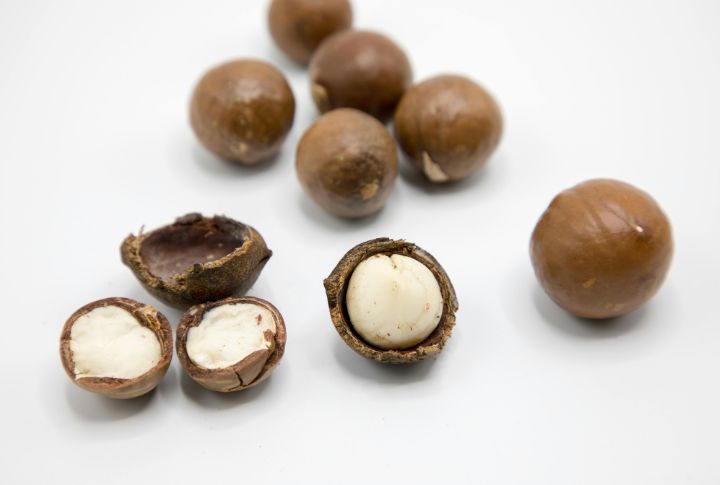
Even a small amount of Macadamia nuts can result in symptoms like vomiting, weakness, tremors, and hyperthermia. Though the exact cause of the toxicity isn’t fully understood, the effects can be grievous. Keep macadamia nuts far away from your dog, even in trace amounts, as ingestion can require emergency veterinary care.
Feed: Cashews
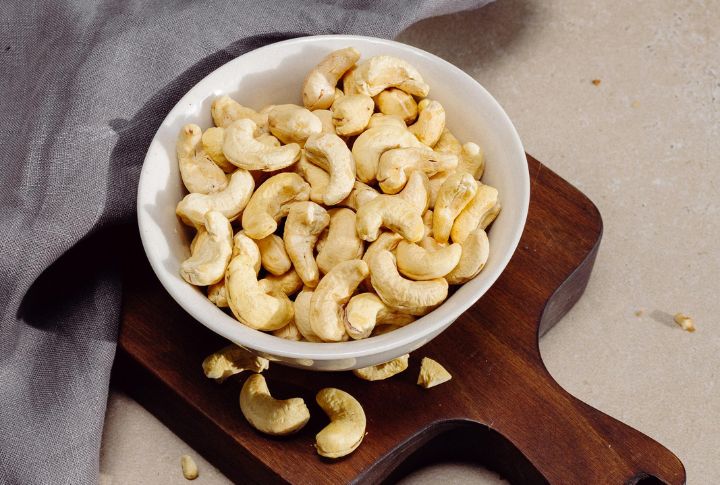
In small doses, cashews provide a tasty, nutrient-rich snack for dogs. Cashews contain antioxidants, healthy fats, and minerals like magnesium, which support muscle and nerve function. Since they are higher in fat, moderation is important to avoid unnecessary weight gain or digestive upset.
Avoid: Black Walnuts

Black walnuts pose a serious risk to dogs, especially when moldy. They are known to cause neurological symptoms such as tremors and seizures due to the presence of mycotoxins in mold that can form on the nuts. These nuts can also cause digestive upset, even when fresh, and should never be offered as a treat.
Feed: Hazelnuts
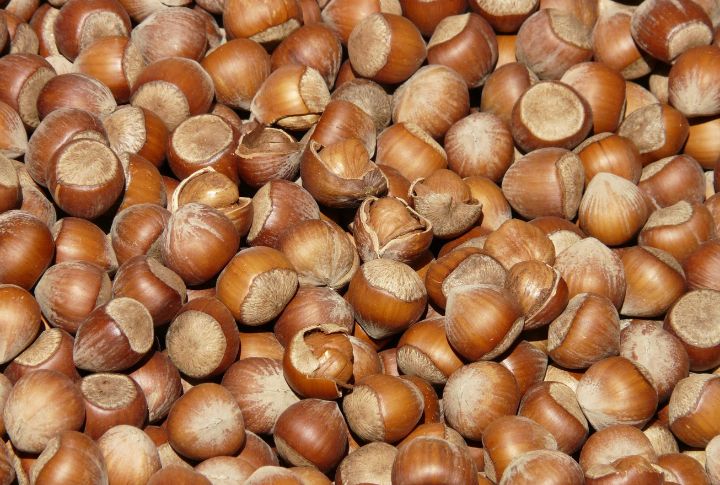
When plain and unsweetened, hazelnuts are packed with vitamins like E and beneficial fats that promote healthy skin and coat. While these bite-sized snacks are safe, they pack a lot of calories, so offer them sparingly. They are a great choice for medium and large dogs, but smaller dogs may struggle to chew them properly.
Avoid: Pecans

While pecans are not inherently harmful, they are best avoided due to their fatty content and susceptibility to mold growth. Moldy pecans can produce mycotoxins, which can lead to severe neurological symptoms in dogs. Even fresh pecans can contribute to pancreatitis if consumed in large amounts, making them a poor choice for a canine snack.
Feed: Pistachios
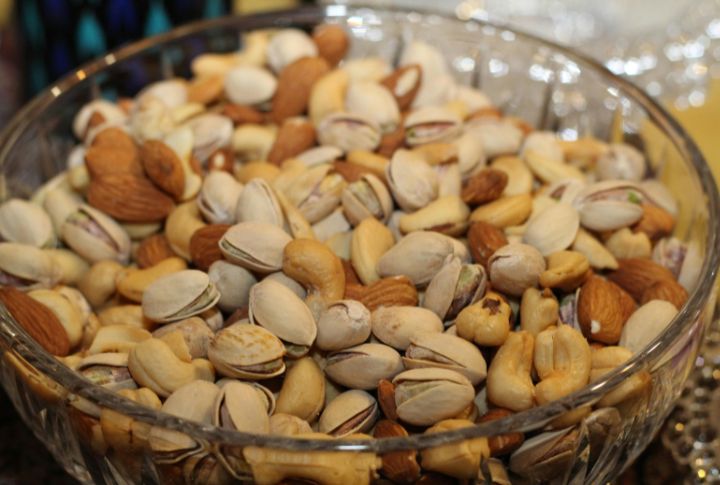
Dogs can safely enjoy pistachios as long as they are unshelled and unseasoned. Pistachios are high in protein and fiber, which can promote digestive health. However, their high-fat content means they should be offered in moderation. Always remove the shells before giving pistachios to your dog, as the shells can cause choking.
Avoid: English Walnuts
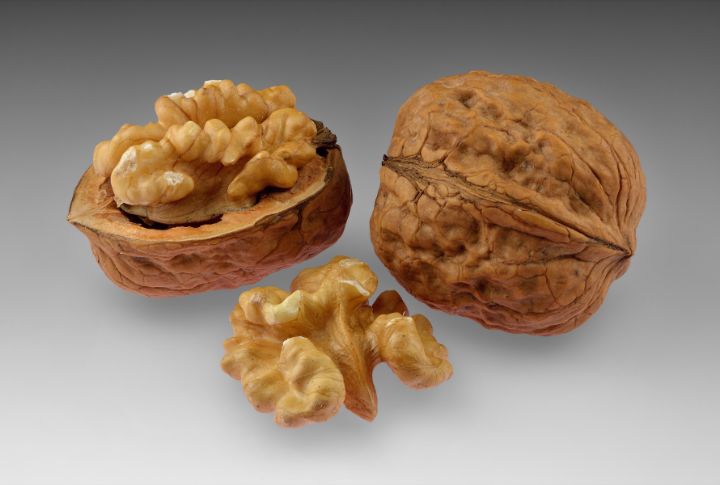
English walnuts are generally safe in small quantities, but moldy or unripe walnuts should be strictly avoided. Mold growing on these nuts can produce tremorgenic mycotoxins, leading to seizures or tremors in dogs. Walnuts are also high in fat, making them difficult to digest and potentially harmful if consumed in large quantities.
Feed: Brazil Nuts
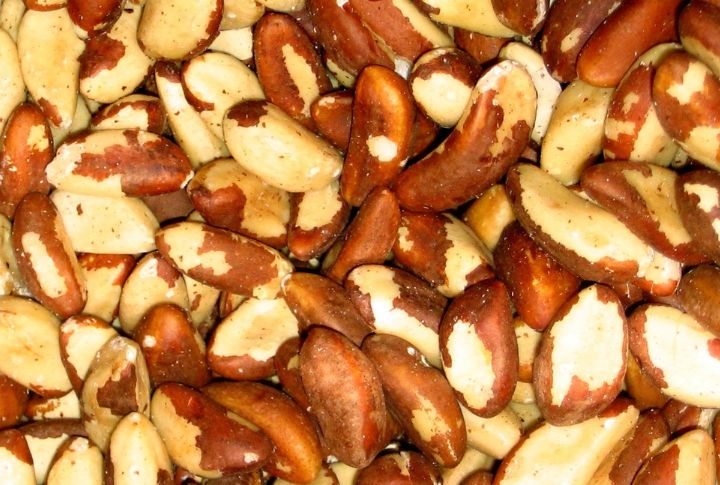
Although Brazil nuts are extremely nutrient-dense, they should only be given occasionally. These large nuts are essential for maintaining a healthy immune system. However, consuming too many can cause weight gain. Limiting this treat to a rare occurrence will allow your dog to enjoy the benefits without overwhelming their digestive system.
Avoid: Almonds
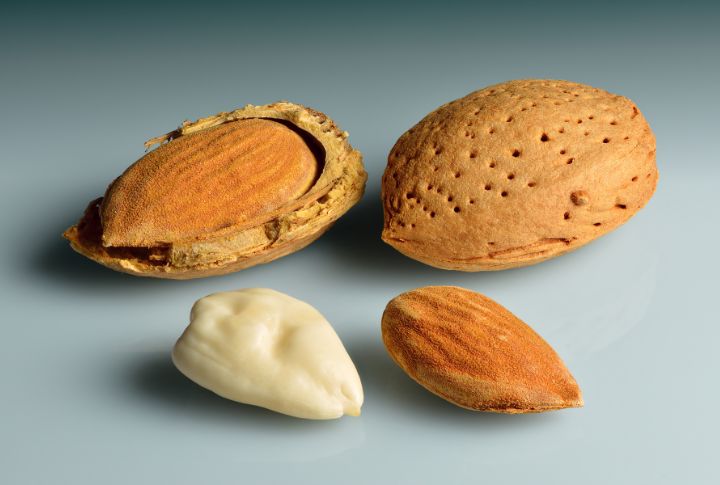
Almonds aren’t harmful to dogs, but their difficult-to-digest nature can lead to upset stomachs or blockages. Even though almonds are packed with nutrients like vitamin E, they pose too many risks for dogs. They can also increase the likelihood of choking, especially for smaller breeds, and should be avoided.





